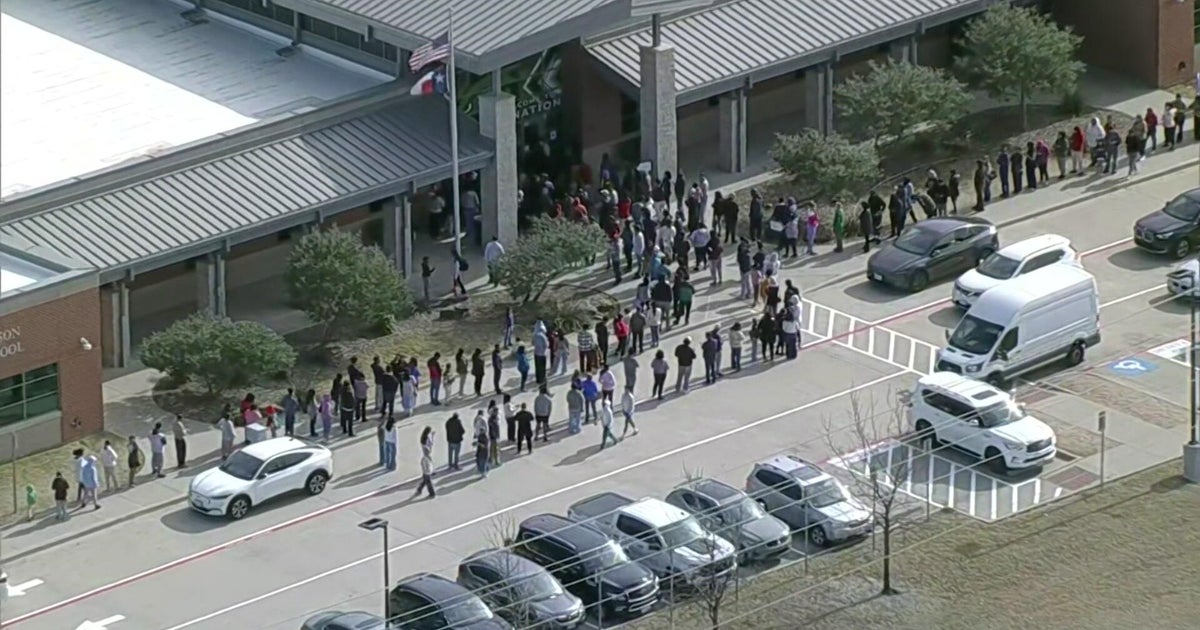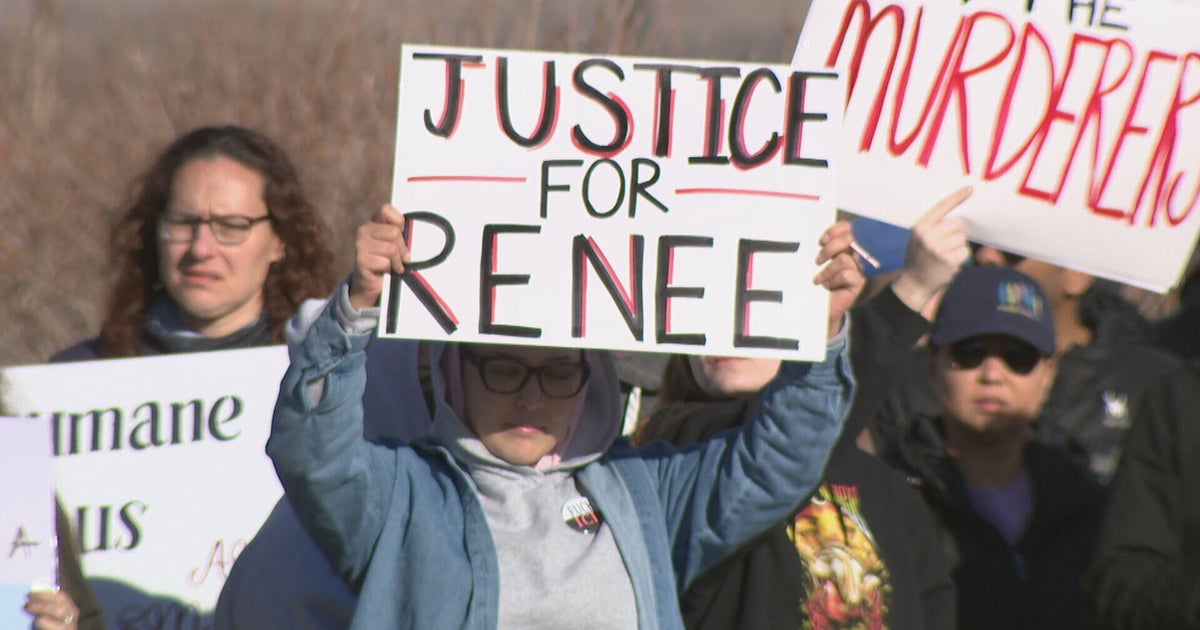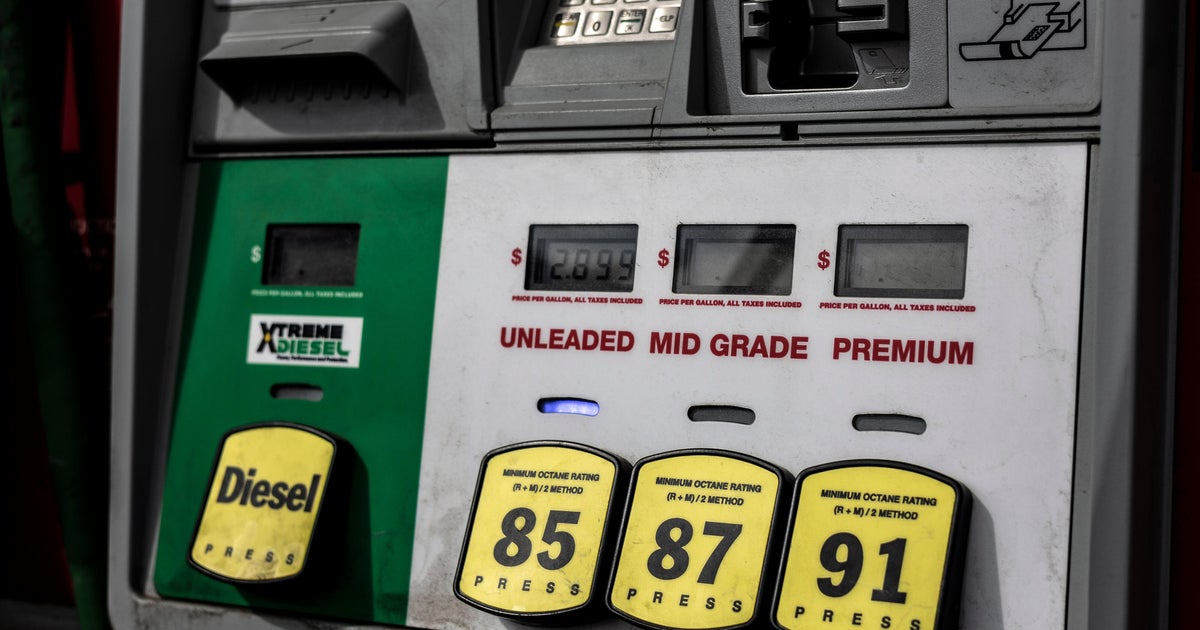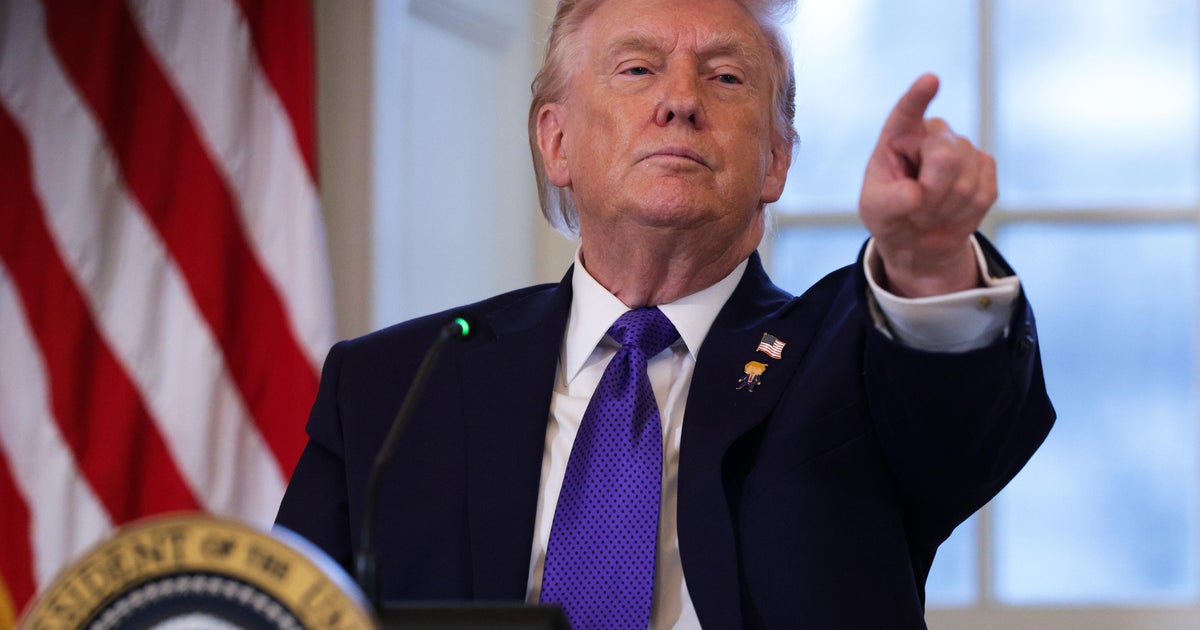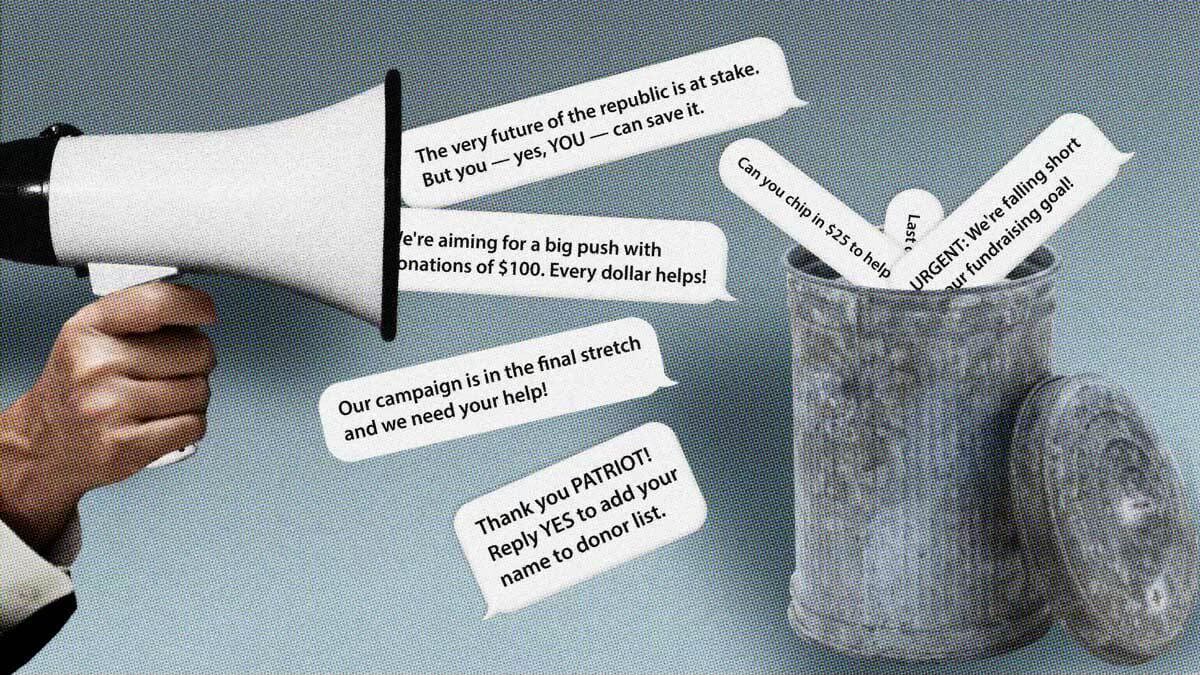Vote by mail: How one Colorado county secures its ballots
Precautions for the Covid-19 pandemic changed voting in the 2020 elections, with a record number of voters choosing alternatives to showing up in person to the polls on Election Day. According to the Census Bureau, 43 percent of voters in the 2020 general election cast their ballots by mail.
A debate over voting by mail has continued since, colored by fierce political divisions.
Former President Donald Trump first ignited controversy over the practice during the 2020 campaign. "So now the Democrats are using Mail Drop Boxes, which are a voter security disaster," he tweeted in August 2020. "Among other things, they make it possible for a person to vote multiple times. Also, who controls them, are they placed in Republican or Democrat areas? They are not Covid sanitized. A big fraud!"
This past January, the former president maligned ballot drop boxes further when he took aim at draft legislation in Wisconsin that would have allowed for drop boxes to be monitored with continuous video surveillance as a method for returning mail-in ballots.
"These fools are playing right into the Democrats' hand," Trump wrote in January in a statement on his website. "Drop boxes are only good for Democrats and cheating, not good for Republicans."
But in states like Colorado, ballot drop boxes are the norm — and have been for years.
Colorado is one of eight states that has allowed all voting to be conducted by mail since before the pandemic began. Each voter automatically receives a ballot in the mail, which they can fill it out and return before Election Day.
To get an up-close look at how secure the vote-by-mail process is in Colorado, 60 Minutes correspondent Anderson Cooper spoke with Jefferson County Clerk and Recorder George Stern, who oversees elections for the county.
"We've been running elections the same way in Colorado for decades, same bipartisan people doing the same processes," Stern told Cooper. "We've been looking for that fraud, and it just isn't there."
Stern said that in Jefferson County, election officials typically find zero to two voters out of 400,000 in each election who attempt to submit more than one ballot.
According to Stern, rather than returning their filled-out ballots in the mail, about 90 percent of voters in his county return their ballots in drop boxes that are available 24 hours a day. Stern explained that the ballot boxes are bolted into the ground and monitored with around-the-clock surveillance. Each day, a team of bipartisan election workers pick up the ballots, seal them in a bag, and fill out an audit log, all while on camera. Each election worker has gone through background checks by the Colorado Bureau of Investigation, Stern explained.
Stern showed 60 Minutes the processing warehouse where the election workers process the ballots. The warehouse is monitored 24 hours a day, and to access the room where the bags of ballots are dropped off, workers need a special badge with two levels of permission – one to get on the floor and another to enter the room. Even Stern, the man whose office runs the county's elections, doesn't have access to the room itself.
Inside that room, a machine sorts the ballot envelopes; photographs the signatures on the outside, which are then compared to the signatures on file; and separates any ballot that weighs more than it should.
The votes are counted in a separate room, which Stern said is one of the most secure rooms in the county. The only people who can open the door are four senior election staff members who come from different political parties. Inside the vote tallying room, computers scan the ballots, take an image of them, and keep tallies of the number of votes for each candidate. Stern said the computers run on a closed network; the computers that count the vote are not connected to the internet.
As mail-in ballots come in, the tallies stay within the non-internet-connected computers. After polls close on Election Day, Stern explained, election officials put the results on USB flash drives that have been scrubbed through a Department of Defense-certified device. The USB ports on all the computers are locked and require a special key in order to insert flash drives.
Then officials insert the flash drives into the one internet-connected machine, which is on a separate server outside of the closed network, and upload the results directly onto the official website.
After each election, Jefferson County stores every physical ballot for two years.
Stern told 60 Minutes that conspiracy theories have motivated people who believe there is fraud in the process to register as election workers.
"As long as the person is willing to swear their oath and do their job well, we welcome them in, because frankly, when you see this process up close, it's impossible to now think that there's widespread fraud in it," Stern said. "It helps us when we bring in people who don't necessarily believe everything I'm saying about our elections and see it up close."
The video above was produced by Brit McCandless Farmer and Will Croxton. It was edited by Will Croxton.
